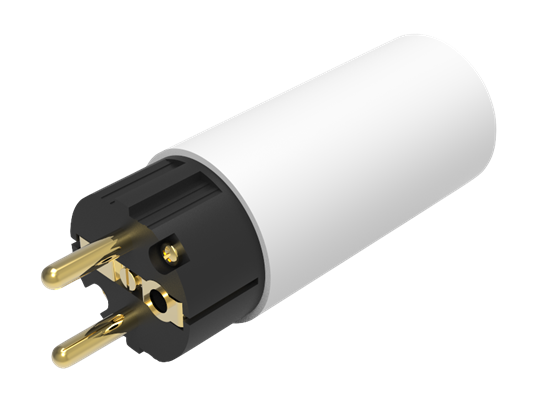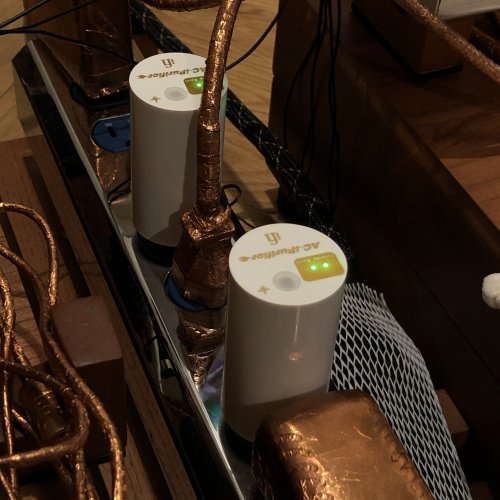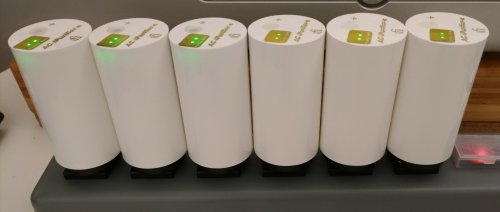- Joined
- Mar 20, 2013
- Posts
- 16,673
- Likes
- 12,487

Let no noise go unsilenced

If you think of mains power as the ‘gasoline’ fuelling your audio system, the AC iPurifier is the product that ensures that it’s getting a clean, super premium blend to deliver the best possible audio fidelity.
The AC iPurifier is the latest in iFi audio’s stable of ‘power products’ designed to clean-up noisy mains supplies to audio systems. But this is no ordinary mains purifier. Technologically advanced, it’s Active Noise Cancellation (ANC) circuitry can eliminate far more noise across the frequency range than other passive devices. At -40dB, the difference is as distinct as night and day.
The following diagram depicts the placement of three AC iPurifiers in one system.

- Insert AC iPurifier (1) into the shared mains wall outlet.
- Place AC iPurifier (2) at the first entry point.
- A third AC iPurifier (3) is best located in-between the two types of power supplies.
Also, the digital and analogue power sources should be in their respective groups as shown in the diagram.

Specifications:
- Noise Reduction: >40dB (> 100x)
- Surge Protection: max. 30,000A @ 1,000V/10uS
- Operating Voltage: 90V – 265V
- Size/Weight:
(USA) 40mm x 105mm (L)
108 (g) / 0.24 (lbs)
(EU) 40mm x 115mm (L)
126 (g) / 0.28 (lbs)
Next in line are AC iPurifier technical notes, hence stay tuned!

|
Stay updated on iFi audio at their sponsor profile on Head-Fi.
|





























